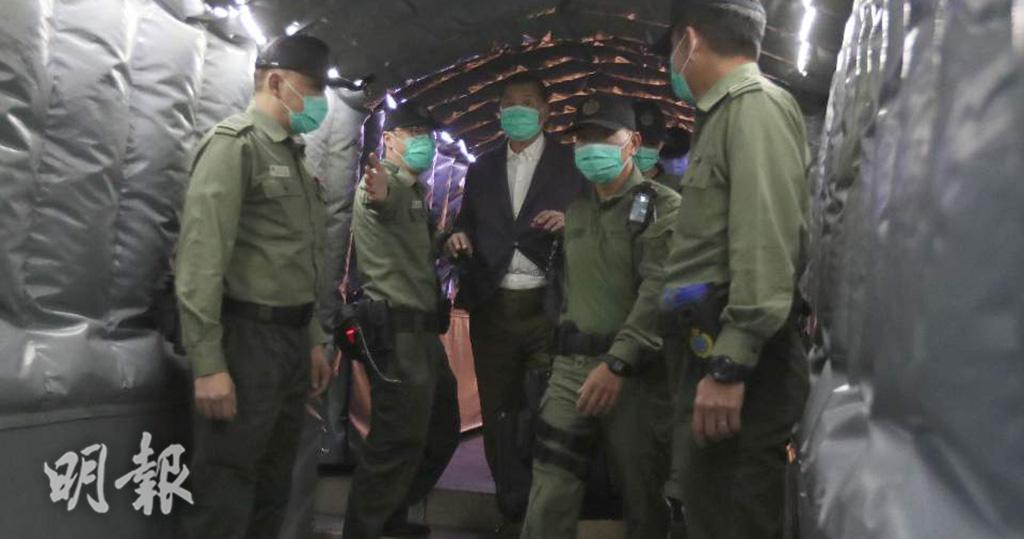WASHINGTON – President Donald Trump on Thursday extended the restrictions on work visas and “green cards” to large groups of applicants outside the United States, until March 31, due to the coronavirus pandemic.
Federal judges limited its impact, but in any case, the measure, despite being in effect for a short time, significantly restricted legal immigration, a goal that Trump failed to achieve before the coronavirus reached the country. It was originally set to expire this Thursday.
The extension aligns with Trump’s uncompromising stance on immigration, and passes the decision on whether and when to lift the bans to President-elect Joe Biden after he takes office on January 20. The Biden administration’s plan on immigration does not specifically address those bans.
In April, Trump imposed a ban on the issuance of green cards, also known as “green cards,” issued abroad that mainly affect relatives of people already living in the United States. After supporters of immigration restrictions greeted the measure with surprising coldness, the government went much further in June by adding H-1B visas, which are widely used by tech company workers and their families; H-2B visas for seasonal non-agricultural workers; J-1 visas for cultural exchanges; and L-1 visas for managers and other crucial employees of multinational companies.
Trump said the measures would protect American jobs in an economy ravaged by the pandemic, while business groups said they would hamper the recovery.
In contrast, the government’s edict to immediately expel asylum seekers and others crossing the border illegally from Mexico was justified on the grounds that it was done to contain the coronavirus, although The Associated Press and other outlets found that government scientists They saw no evidence to support it. A decision was also made to temporarily ban non-essential travel across the borders with Mexico and Canada in the interest of public health.
In a Senate speech, McConnell made it clear that he will not vote on Trump’s request to increase the direct payment to every American from $ 600 to $ 2,000.
In October, US District Judge Jeffrey White of San Francisco, appointed by President George W. Bush, ruled that the ban on work visas could not apply to the groups that sued or to their members, who represent much of the nation’s economy: the United States Chamber of Commerce, the National Manufacturing Association, the National Retail Federation, the tech industry group TechNet, and Intrax Inc., which runs cultural exchange programs.
– .

